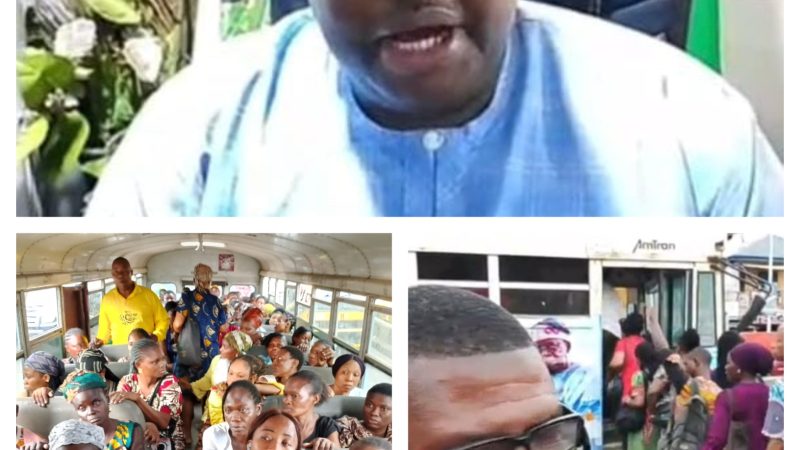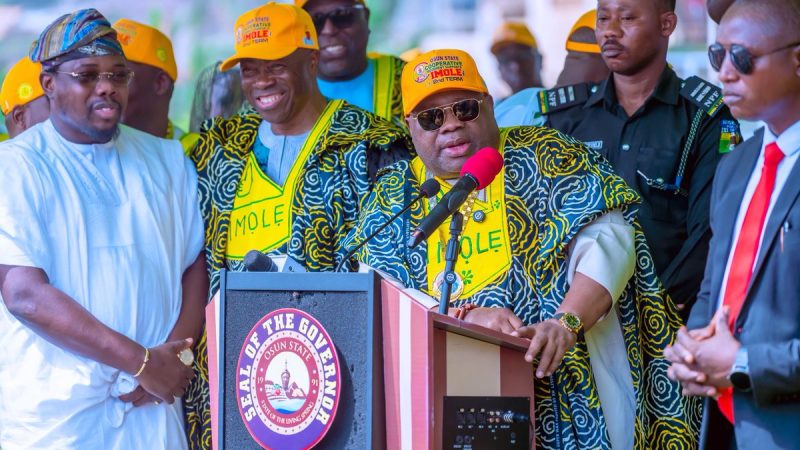A fact-finding committee set up by Plateau State Governor, Barr. Caleb Manasseh Mutfwang, has revealed staggering details of the scale of destruction caused by over two decades of violent attacks in the state.
According to the panel’s findings, at least 450 communities across 13 Local Government Areas have been destroyed and left desolate, while more than 12,000 people have been killed between 2001 and May 2025.The 10-man high-powered committee, chaired by retired Major General Nicholas Rogers, was inaugurated on May 20, 2025, with a mandate to investigate the remote causes of recurring attacks and document the extent of the devastation.
After weeks of engagements with affected communities, security agencies, and survivors, the committee submitted its comprehensive report to Governor Mutfwang at the Government House in Rayfield on Thursday.General Rogers, in his presentation, described the findings as “devastating,” noting that the incessant violence, largely attributed to suspected Fulani militias and armed herders, has not only claimed thousands of lives but also inflicted severe economic, social, and cultural damage on the state.
The report highlighted key figures: 35% destruction of livestock; 32.5% displacement of communities; 16.8% destruction of food supplies; 9.9% destruction of homes;3.4% illegal land occupation”
The violence is coordinated, the motives are deliberate, and the consequences are devastating,” Gen. Rogers stated, stressing that the true figures could be higher due to unreported cases.He identified root causes as a combination of historical grievances, ethnic mistrust, criminal exploitation of natural resources, and competition over land.
Governor Mutfwang, while receiving the report, thanked the committee for its painstaking work and assured that its recommendations would not be ignored..
He said the report would be forwarded to the Federal Government for further action, while the state government strengthens both kinetic and non-kinetic responses.“In anticipation of this report, we have been recruiting into Operation Rainbow, our security outfit.
Between now and next week, we will send more than 1,000 operatives for proper training. Our Peace Building Agency has stepped up its activities, cascading them to communities because we realize the solution is not just kinetic; we must also deploy non-kinetic options if we are to get results,” the governor explained.
Mutfwang also pledged to address poverty, infrastructure deficits, and human capital development, which he described as underlying triggers of insecurity, while urging citizens to embrace peace.Security analyst Dr. Kabiru Adamu described the findings as “a grim reminder of the scale of insecurity that has ravaged the North-Central for decades.”
He emphasized that the destruction of communities on such a scale “constitutes not only a humanitarian crisis but also a serious national security threat.
”Conflict resolution expert Prof. Aisha Wakili noted that the committee’s emphasis on both kinetic and non-kinetic solutions was “the right approach.” According to her, “military operations may suppress violence in the short term, but long-term peace can only come from reconciliation, justice, and economic empowerment.
”Humanitarian activist Luka Pam urged the government to prioritize resettlement and rehabilitation.
“Thousands of displaced persons are living in makeshift camps without basic amenities.
Until they are resettled with dignity, peace will remain elusive,” he warned.As Plateau State grapples with the grim statistics, both government and stakeholders agree that translating the committee’s findings into actionable policies will be critical in preventing another generation from inheriting the cycle of violence.





